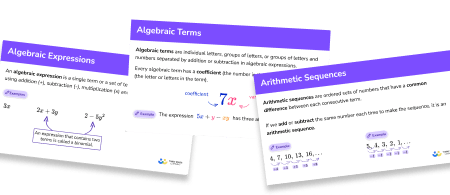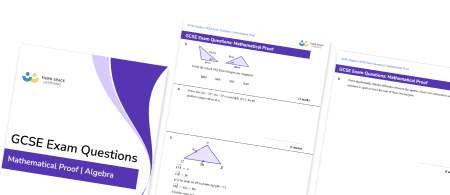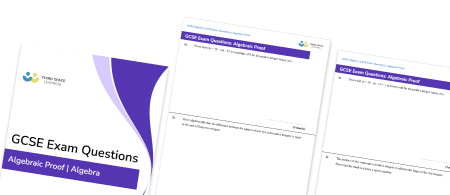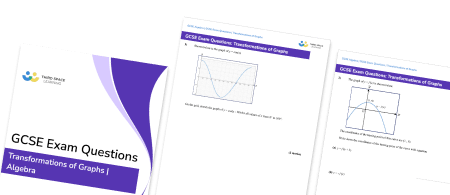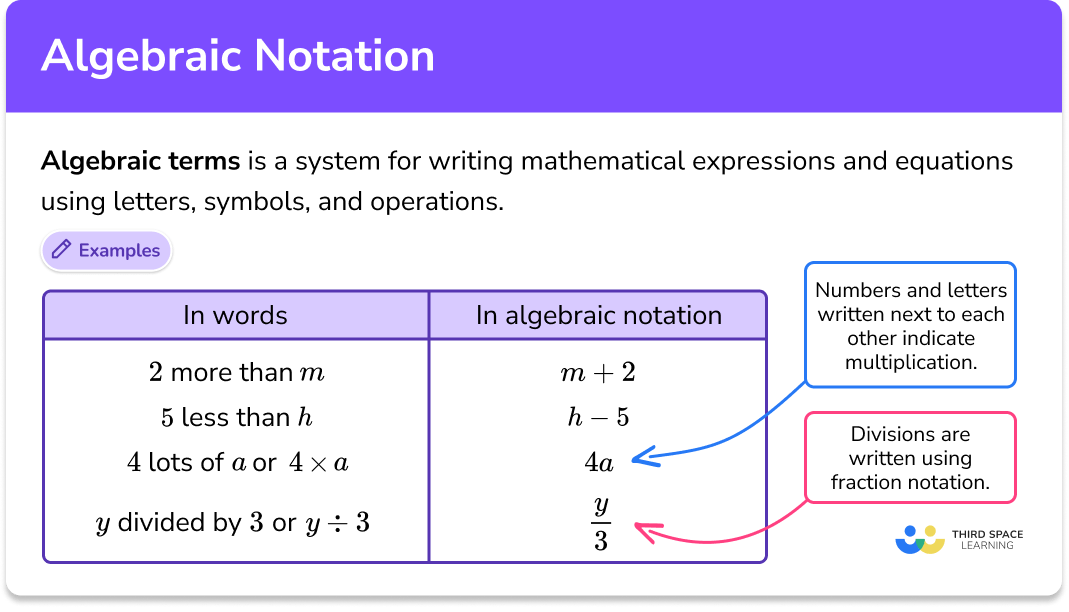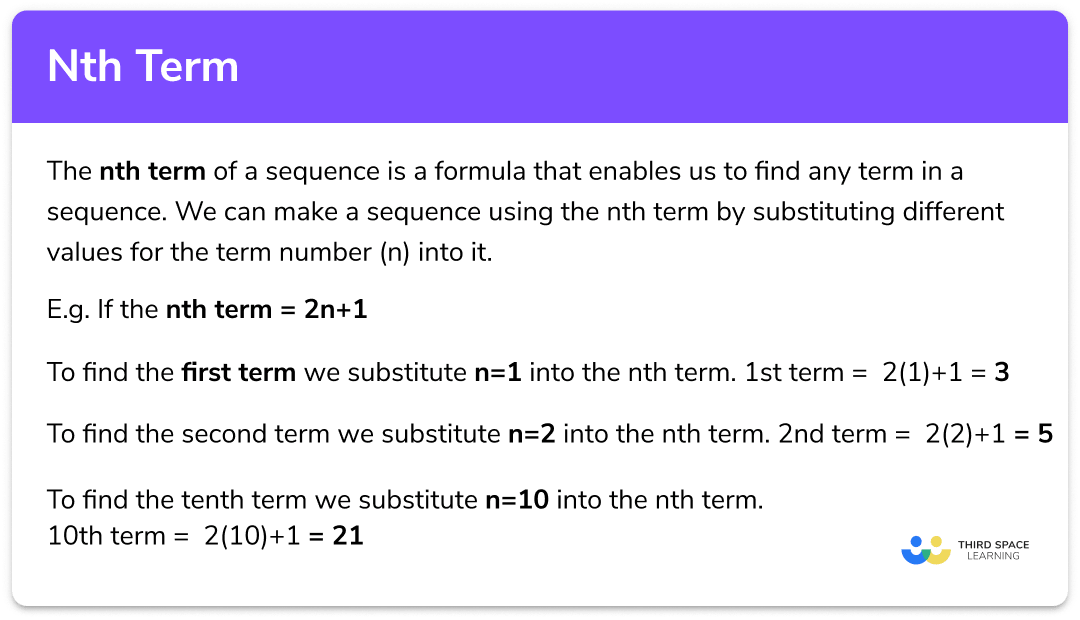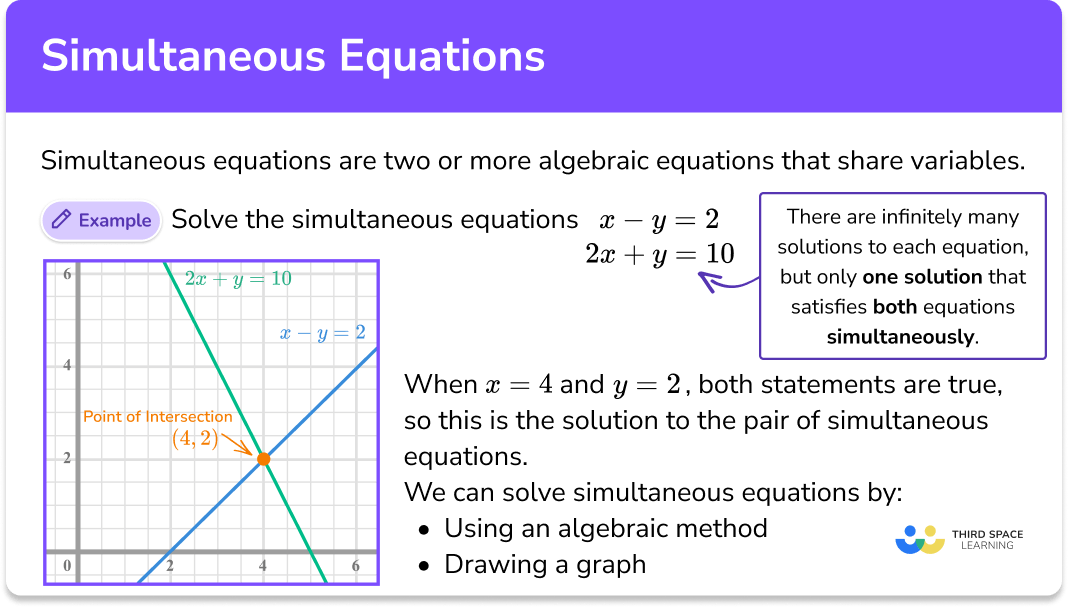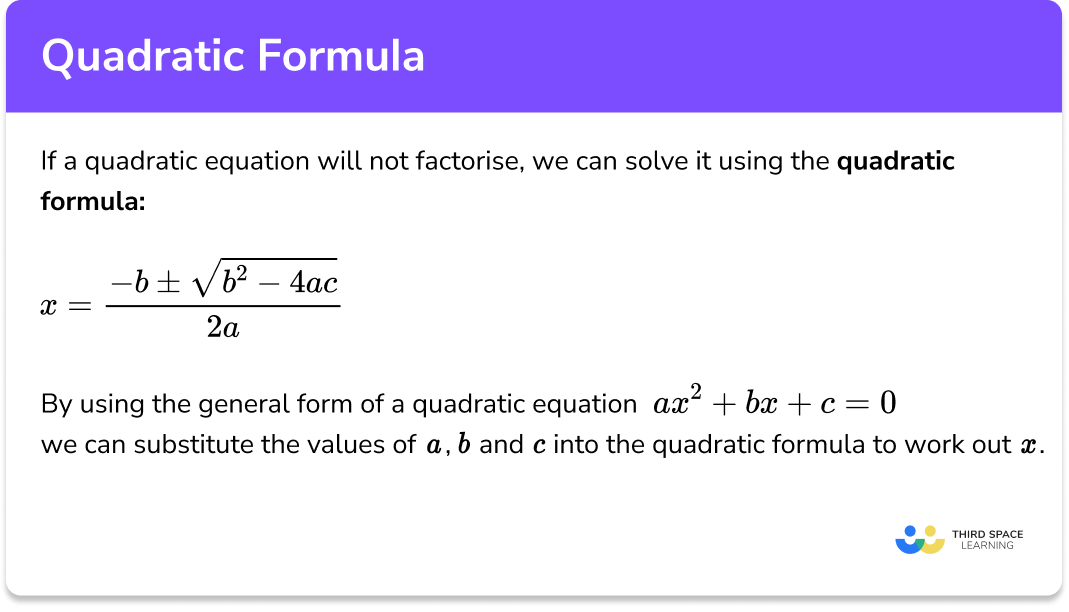FREE DOWNLOAD
Solving Equations With Fractions Worksheet

Help your students prepare for their Maths GCSE with this free solving equations with fractions worksheet of 43 questions and answers
- Section 1 contains 36 skills-based solving equations with fractions questions, in 3 groups to support differentiation
- Section 2 contains a mix of worded problems and deeper problem solving questions
- Section 3 contains foundation and higher level GCSE exam style equations to practise solving equations with fractions
- Answers and a mark scheme are provided
- Questions follow variation theory with plenty of opportunities for students to work independently at their own level
- All questions are created by fully qualified expert secondary maths teachers
- Suitable for GCSE maths revision for AQA, OCR and Edexcel exam boards
Solving equations with fractions at a glance
Solving equations with fractions involves equations with an algebraic expression in the numerator and/or the denominator. We can solve these equations by carefully rearranging the equation to make the unknown variable the subject by applying inverse operations. Understanding the order of operations is essential in order to get the steps required to rearrange in the correct order. The solutions to equations involving fractions can be integers (whole numbers), decimals, or fractions.
One step equations with fractions involve the unknown variable being part of the numerator of the algebraic fraction and may only require multiplying both sides of the equation by the denominator to find the solution. When the unknown variable is part of the denominator of the fraction it becomes a two-step equation or even a multi-step equation and requires more steps to solve it. The algebraic expressions in the fractions may also include parentheses (brackets) which can be expanded using the distributive property.
Skills needed for numerical fractions are very important when solving equations with fractions including finding common factors of the numerator and denominator in order to simplify it. Finding a common denominator of several fractions will enable them to be written as a single fraction, which can be simplified further by adding or subtracting the coefficients of the like terms.
Looking forward, students can progress with more solving equations worksheets and to additional algebra worksheets, for example a rearranging equations worksheet or a simultaneous equations worksheet.

For more teaching and learning support on Algebra our GCSE maths lessons provide step by step support for all GCSE maths concepts.
Do you have students who need additional support?
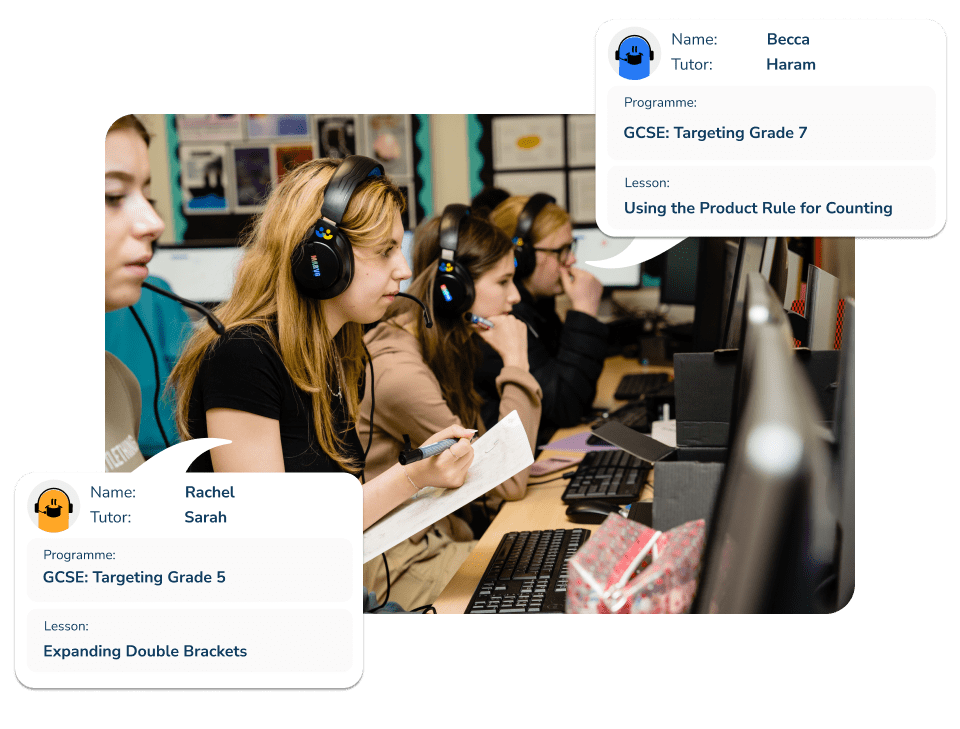
With Third Space Learning's secondary maths tutoring programmes, students in Year 7-11 receive regular one to one maths tutoring to address gaps, build confidence and boost progress.
"My confidence in the tutoring is high. We've had some phenomenal results. I even had one girl get a Grade 8 this year; she came to every tutoring session."
Stacey Atkins, Maths Director, Outwood Grange Academies Trust

